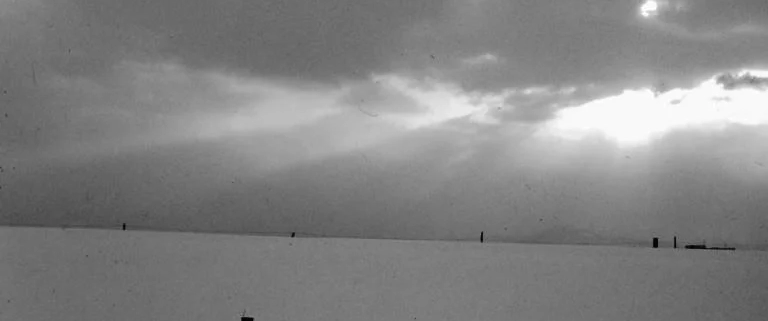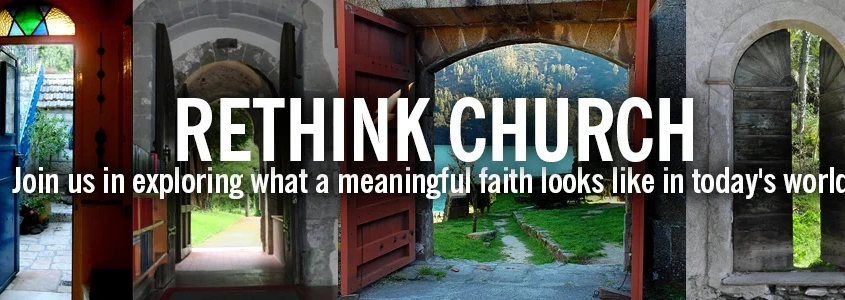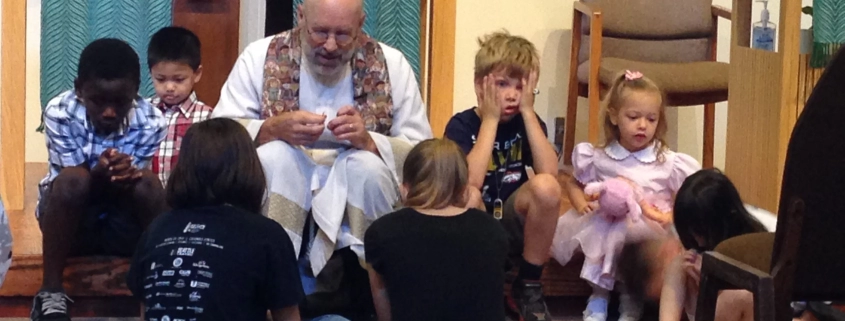This fall in Adult Sunday School, we will be reading and discussing a book entitled, Living the Questions: The Wisdom of Progressive Christianity by David Felten and Jeff Proctor-Murphy. Originally Living the Questions was a DVD series (which I own) which was very popular amongst clergy. The authors realized (correctly, I think) that the “wisdom” in the DVD needed to reach a broader audience and therefore created the book. Chapter titles include, Taking the Bible Seriously but not Literally, Thinking Theologically, Evil, Suffering and the God of Love, Practicing Resurrection, The Myth of Redemptive Violence and Honoring Creation. I have no doubt that this book will generate good discussion amongst the wonderful people who have attended our class.
Parenthetically, the book generated controversy in the Phoenix area where David Felten is the pastor of Fountain Hills UMC. Eight neighboring churches organized a six part series challenging the book – the title of the series was “Progressive Christianity: Fact or Fiction,” and the six sessions were: Why Does it Matter that God Doesn’t Change, Why Does it Matter that the Bible is Reliable (inerrant), Why Does it Matter that Jesus is God, Why Does it Matter that Jesus was Born of a Virgin, Why Does it Matter that Jesus was Resurrected, Why Does it Matter that Jesus is the Only Way? One can well imagine what was preached at those sessions – all the more reason for us to become both clear and open about our faith. My hope is that this book will assist us in becoming articulate about how we believe – and what we don’t believe. It will help us in forming our identity, crystallizing our message (as relative as it may be) and giving us the means to be in dialogue with the folks like those in the eight churches in Phoenix.
We meet every Sunday morning beginning September 13th at 10:00 am. I have ordered 17 books – if you would like me to reserve one for you please let me know. Or, you may buy one yourself – for your Kindle. I’m looking forward to sharing with everyone again. P.Jim
P.S. If you would like to read about the controversy in Phoenix go to Patheos.com.
Every Wednesday morning during the school year a group of really cool people gather to talk – like good Methodists. It really doesn’t take too much to get us to talk either. Last spring we viewed short videos interviewing various theologians and spiritual leaders called Faces on Faith. This fall we will be viewing videos produced by the same people entitled Questions of Faith. Each video will address a question like, What matters the Most? Why hope? What’s God like? etc. Everyone is welcome to come join us, Wednesday mornings, 9:30-11:00 beginning September 16 in Room 13. P.Jim
I will be back in the pulpit (such as is will be outside) this coming Sunday and I am excited! I have missed everyone and I am looking forward to a great fall coming up. There is one thing I dread, however. Can you guess? Everyone will be asking me: How was your vacation/sabbatical/time off, etc? It’s kind of like asking someone, how are you today? And the perfunctory answer is, “fine.” How can I tell you about my renewal leave in such a short time? Just to let you know, my perfunctory answer will be, “good.”
In order to minimize the constant question, I will give you a brief outline of what I did over my weeks on renewal leave. I bought a bike. This may sound fairly irrelevant but since I can no longer run it was a transition to move from foot to wheel. I like to get out – I do not like the stationary bike in our basement. Getting out is a spiritual practice for me. I spent the better part of a week in retreat at Mt. Angel Abbey in Oregon. I visited my mother and sister in Corvallis which was long overdue. While there I attended my fortieth high school reunion. I spent a lot of time learning Power Point and creating slide shows with my photographs – I hope to show some of them in worship. I took a number of pictures too – you can see a few on Facebook. I read at least 15 books, five of which were novels, five of which were re-reads. One of the non-fiction books was Richard Rohr’s Falling Upward, about transitioning to the second half of life. The first half, he says is definitive – that is, one is working on defining oneself. The second half of life is more generative. Instead of asking, who am I? One asks, how can I serve? It is about generating love and beauty. A novel I read is Ghost by Alan Lightman who is a physicist at MIT, I think. His most well known novel is Einstein’s Dreams. Ghost is about a man who loses his job at a bank and the only work he can find is in a mortuary. One day he sees something….. something that is not a part of reality as he knows it. The novel involves scientists from the university, a group called The Second World, and eccentric employees at the mortuary. Interwoven in all of this are questions of what is read, and whether there is an unseen world. Finally, I had some time with each member of my family. I helped Kenneth through driver’s ed. – no small task. I’ve been able to spend time with Aaron who is at home while he is doing his internship at Snohomish County Community Health, and Paula and I spent the better part of a week at Moclips.
I want to thank everyone who giving me the opportunity to do all these things. I feel your love and support and I value it greatly. P.Jim




